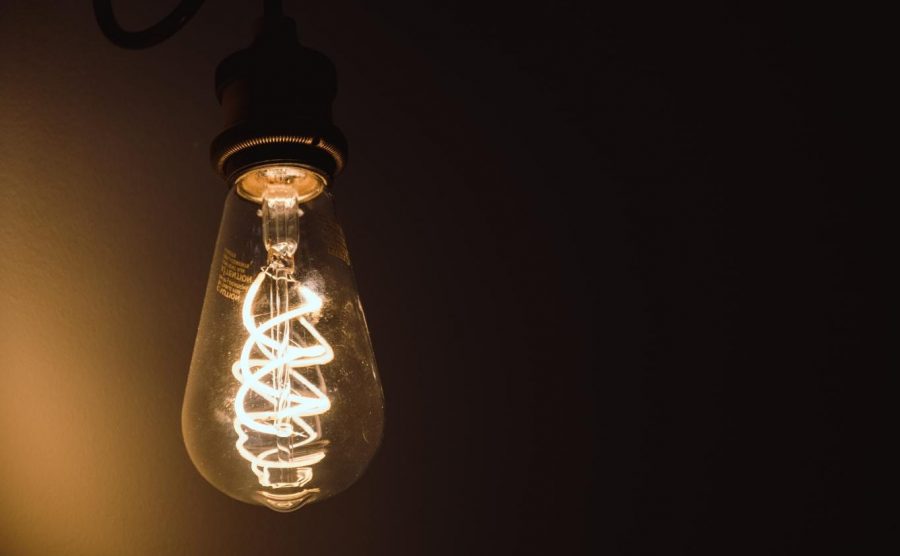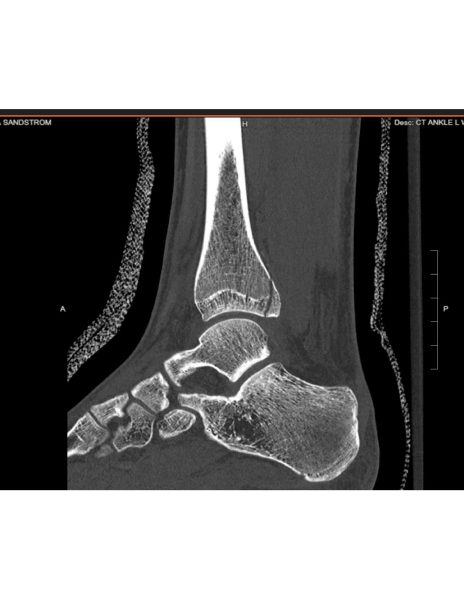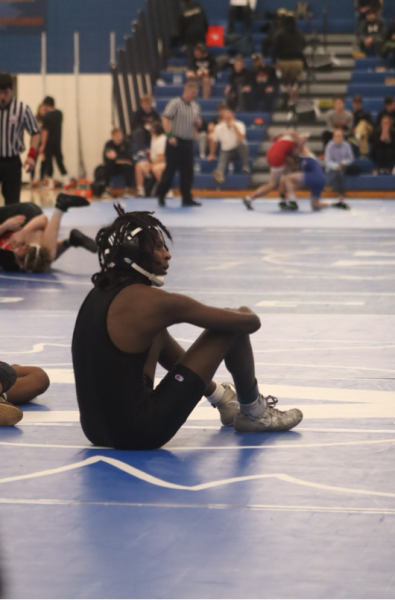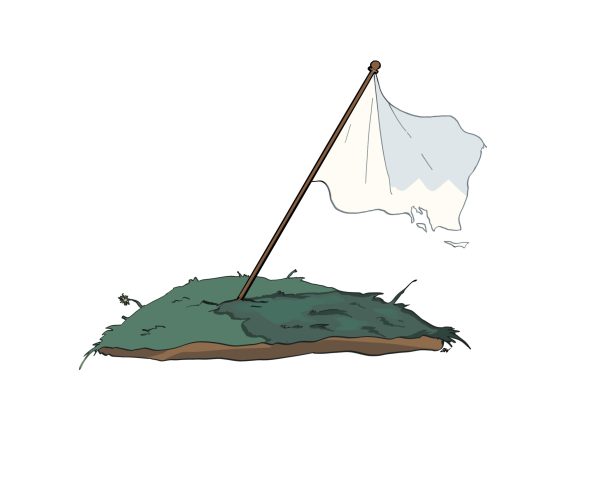Who Holds The Power?
When the lights and steady hum of heat clicked off at 9:30 p.m. on Nov. 15, my first thought was, “Snow day!”
The excitement quickly shifted into terror as I scrambled to contact teachers and receive school updates. On top of my responsibilities to help my brother’s fish stay warm and find light sources that wouldn’t cause a fire, I was without internet: cut off, helpless and bored, not to mention a little frantic as school moved on without me. The power lines will be fixed and I will return to online classes in no time. I am fortunate because students without access to high-speed internet go through this every day.
Without steady access to internet, classes and work can become impossible. Students can fall behind, as well as keep their cameras off or stay silent in fear of the internet cutting out. Instructions and explanations can be missed when devices fail, making it harder to catch up.
School lessons build on each other which may benefit the students who are able to be present at all lessons, but there is a division — a division that will only increase after school returns to in-person. Students who don’t have internet for a few months may find themselves continuously catching up for the rest of the school year and possibly hinder their GPA. They are the ones already suffering from a lack of resources and opportunity.
According to research collected by the Household Pulse Survey in September, out of 52 million households, 8% — or 4.4 million — of households surveyed, had little or no access to a device, and 7% — or 3.7 million households — had little or no access to the internet. That’s millions of children falling behind in school. Alternatively, it’s millions of potential workers affected in the U.S. economy and job market.
Our school district has done a good job ensuring internet access, including providing hot spots and devices, but we are lucky. Many other school districts, some only minutes outside of Ann Arbor, are not so lucky. We should remember those out there without access and look for ways to help and advocate for students. The divide caused by lack of internet access was here long before the pandemic but we now have a chance to do real work to ensure that no one is left behind.















